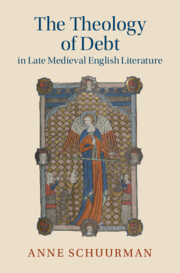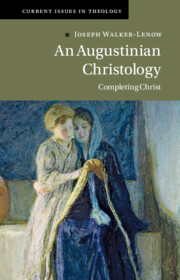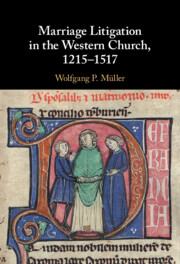In this essay, I argue that Thomas Aquinas's and Herbert McCabe's soteriological paradigms are immensely compatible with one another. In contrast to the presuppositions held by certain interpreters of Thomas, I contend that Aquinas, like McCabe, rejects a primarily juridical/transactional understanding of Christ's Passion, and, in light of this fact, it is a mistake to assert that his soteriology is a precursor to later penal-substitutionary conceptions of the atonement. Once Aquinas's and McCabe's teachings are correctly situated within a relational/friendship rather than juridical context, their similarities and mutual aversion to penal-substitutionary atonement becomes explicit. Likewise, after appropriately identifying McCabe's indebtedness to Aquinas's thought, one can perceive his unique and substantial contribution to the Church's understanding of Christ's salvific work. The comparison between Aquinas and McCabe, in particular, provides clarity to a proper conception of the intrinsic disordering of sin and the essential character of Christ's meritorious love and obedience offered to God the Father.


